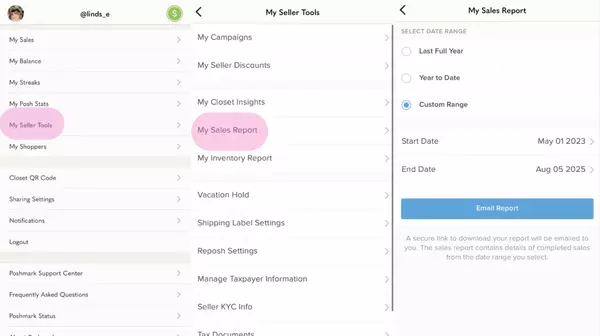That Phone Call About Missing Jury Duty Is Probably a Scam

Impersonation scams have come for something many of us dread both attending and missing: jury duty. Fraudsters pretending to be law enforcement officers are contacting people claiming that they've missed a summons and need to pay up or risk arrest.
The Federal Trade Commission first warned of this scheme back in March, when bad actors were simply calling or emailing targets with threats and requesting personal information or payment over the phone. Scammers have since moved on to a new tactic directing victims to phishing websites, where they attempt to collect identifying data like birth dates and Social Security numbers as well as cryptocurrency payments.
None of this is real. In all likelihood, you didn't miss jury duty, and even if you did, you don't owe the government a fine in exchange for not getting arrested. Here's how to spot the fraud.
Jury duty scam red flags
A jury duty scam typically begins with an unsolicited call (or email) from someone claiming to be a police officer or U.S. Marshal. They'll tell you that you missed jury duty and need to pay a fine in order to avoid arrest. They may direct you to an official-sounding URL to pay said fine, where you'll see official-looking seals. You'll be prompted to enter personal information to "look up how much you owe" and go to a "government kiosk" to complete the transaction of up to $10,000 (probably in cryptocurrency). At the end of all this, scammers have data that allows them to steal your identity and possibly some of your money that you can't get back.
This scam has all the hallmarks of the many others we've covered. Fraudsters stoke emotions like doubt and fear, as you think maybe it's possible that you actually did miss jury duty, and no-showing a legitimate summons does have very real consequences. There's an urgent call to action—providing information and money—to fix the problem. The next steps involve a suspicious link and unrecoverable payment options, like wire transfers and crypto.
Know that the courts won't call and demand money with a threat of arrest, nor will law enforcement or any other government entity. Don't provide any information or payment over the phone, and don't go to any URLs they give you. Phone numbers and email addresses are easily spoofed, so don't engage any further. Instead, go directly to the court's website (look for a .gov address) and use the contact listed there to confirm jury duty information.
Categories
Recent Posts










GET MORE INFORMATION

